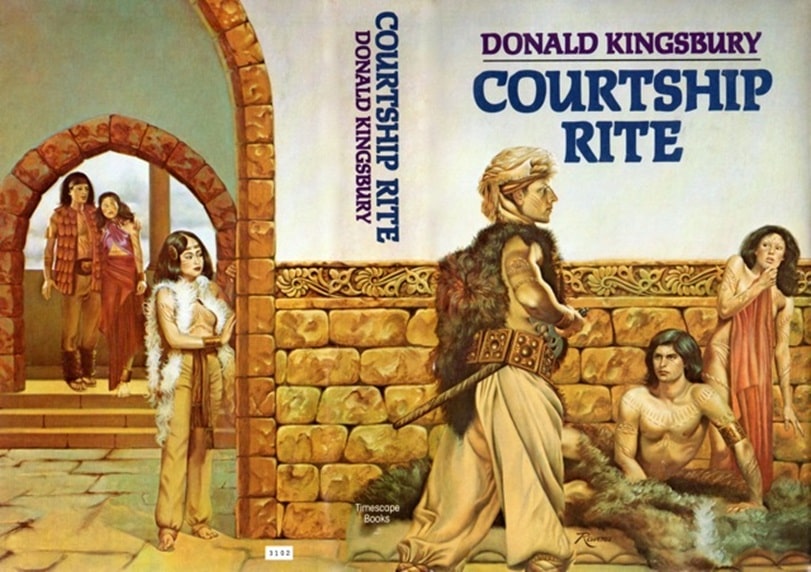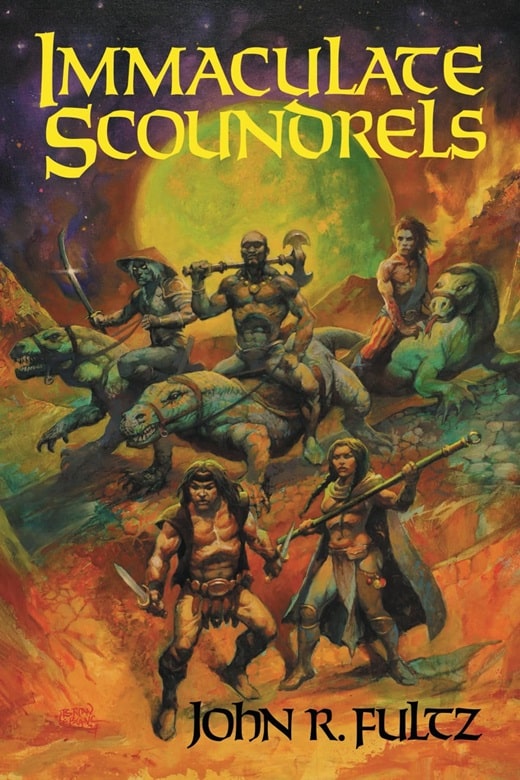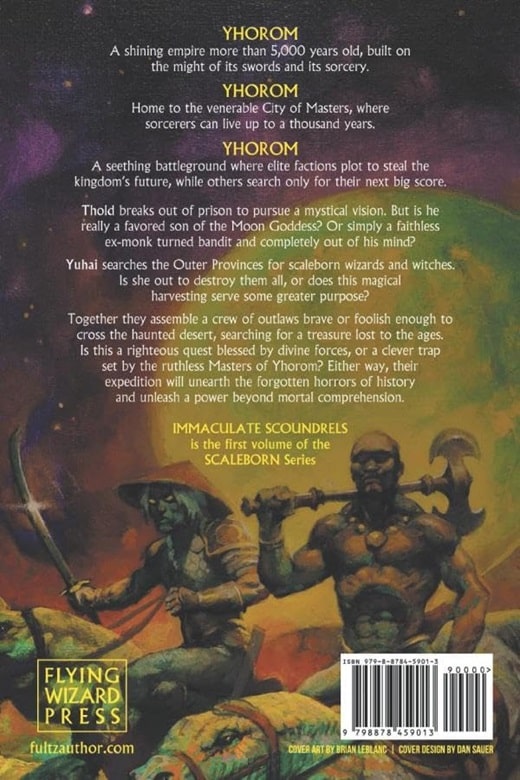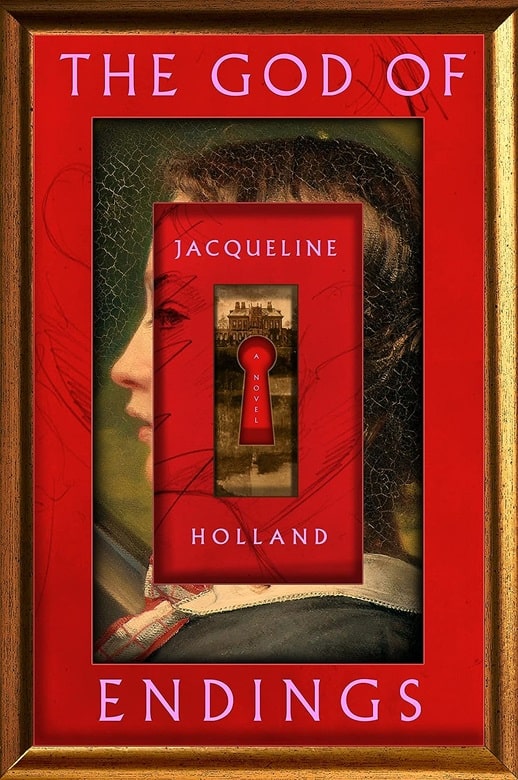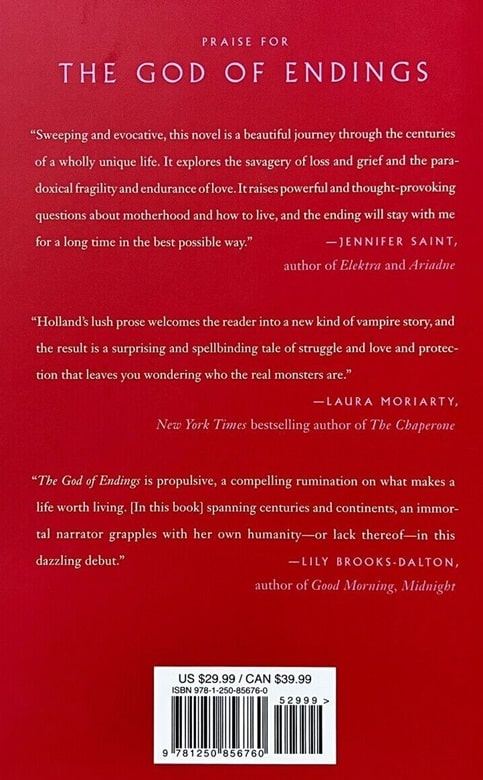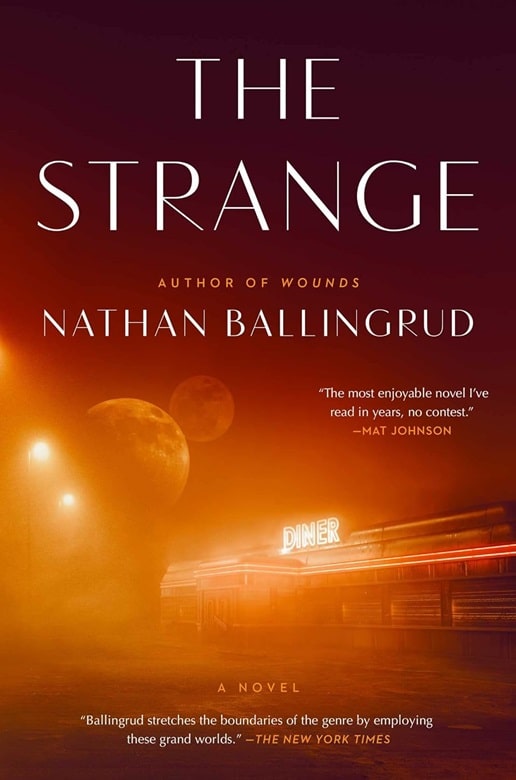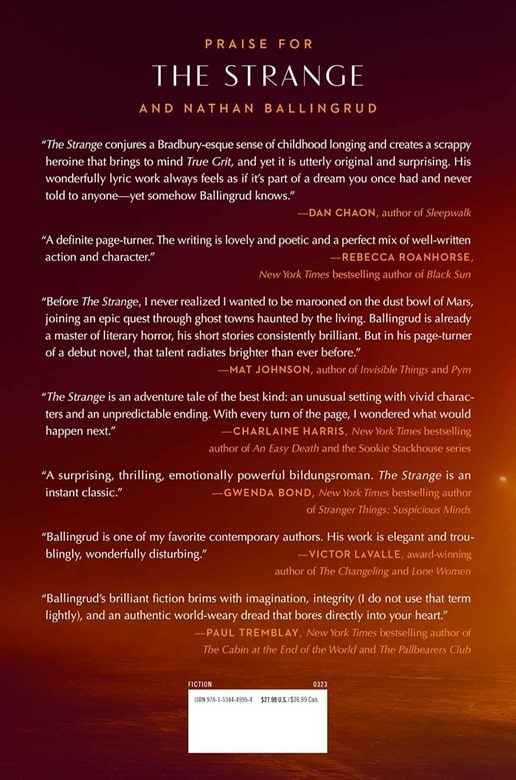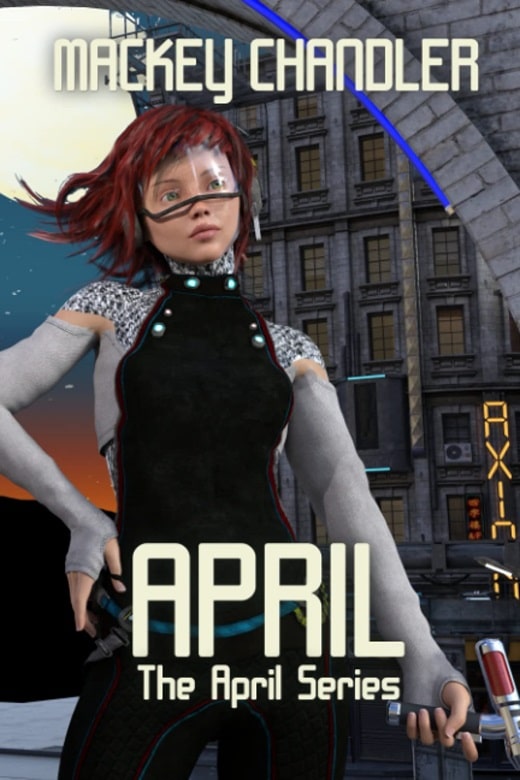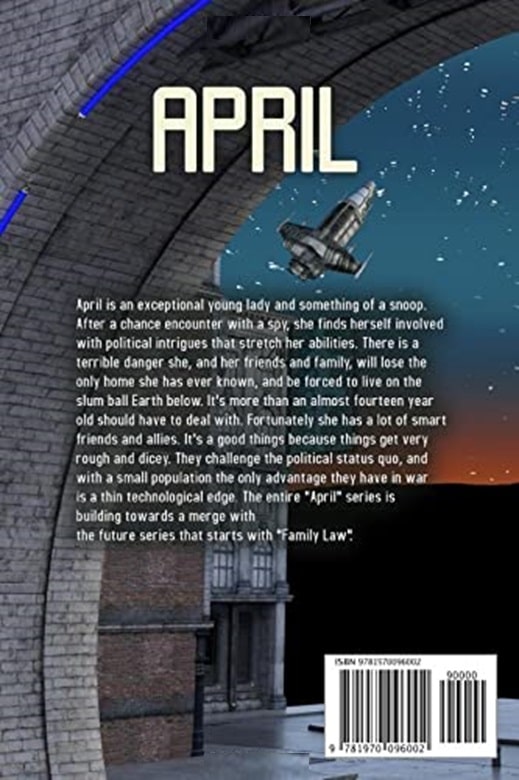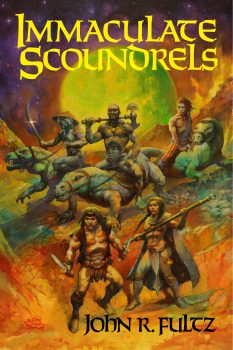Love Exotic Science Fiction on Desert Planets? Try Donald Kingsbury’s Courtship Rite
Courtship Rite (Timescape Books, July 1982). Cover by Rowena Morrill
Noe took her strange Liethe in a comforting embrace. “Some of us make our Contribution to the Race through Death, and others of us make our Contribution to the Race through Life. That’s the way it has always been.”
One of the distinctive pleasures of science fiction is the heterotopia — a story set not in a good place (a utopia) or an evil place (a dystopia) but in an interestingly different place. Geta, the setting of Donald Kingsbury’s Courtship Rite, has long been my favorite heterotopia.
The society Kingsbury portrays is shaped in important ways by its physical setting. Geta is a desert world, a science fictional trope that goes back to Percival Lowell’s Mars and the many stories set there, from Burroughs on. It’s not as harsh as Herbert’s Arrakis, but certainly harsher than Le Guin’s Anarras. For one thing, its native life is biochemically incompatible with its human inhabitants; eating it, without careful detoxification, is lethal. The only things truly safe to eat are a limited number of introduced Earth lifeforms: bees, eight species of plants (not all named) — and other human beings, because Geta’s most visibly distinctive cultural trait is institutionalized cannibalism. Kingsbury calls this out on the first page of the novel, where the children of a famous man, Tae ran-Kaiel, attend a funeral feast where his roasted body is the main course.
